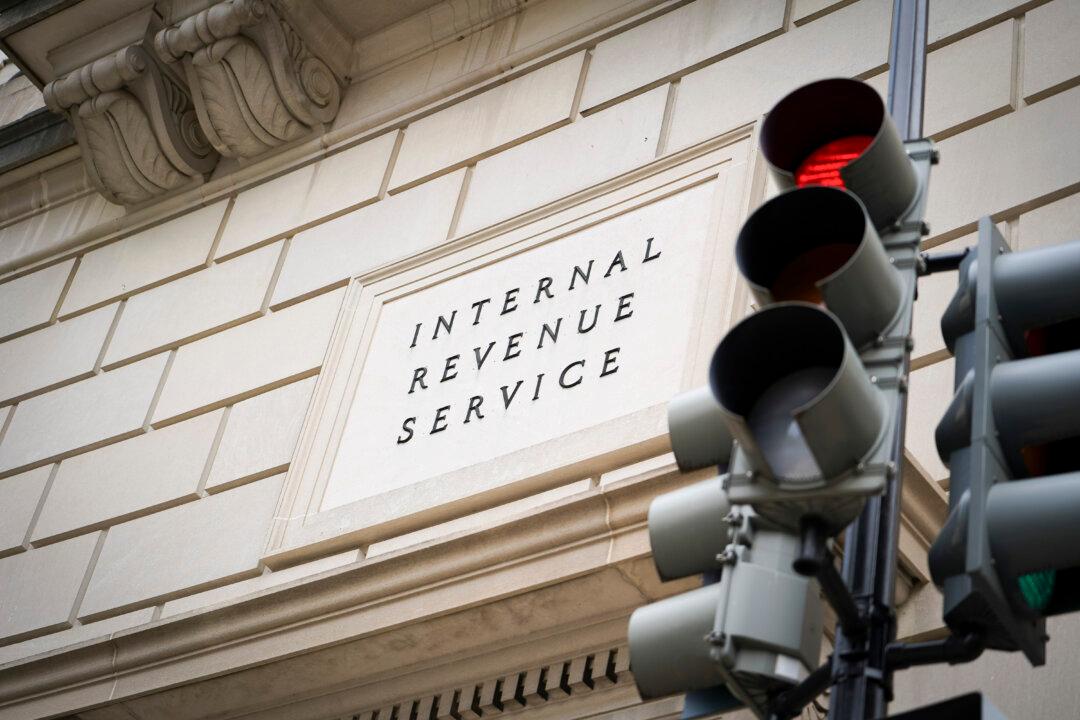The Internal Revenue Service (IRS) says it has uncovered over $1 billion in potentially fraudulent pandemic-era tax credit claims in the last six months alone, with another $3 billion in potentially bad claims that are being looked into by its criminal investigations unit.
The IRS said in a March 22 announcement that its compliance efforts managed to prevent over $1 billion in fraudulent or incorrect Employee Retention Credit (ERC) claims from being redeemed since the agency imposed a moratorium on new claims in September 2023.





